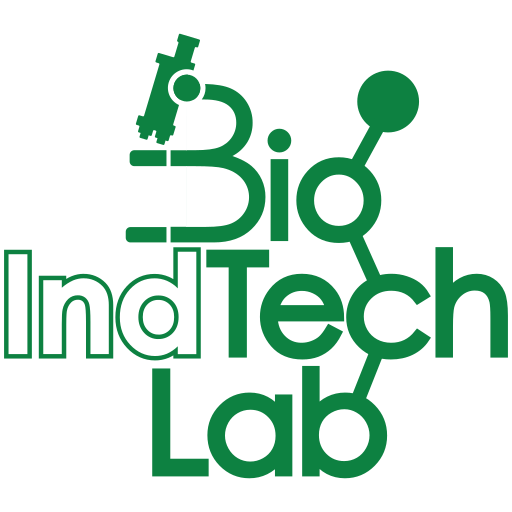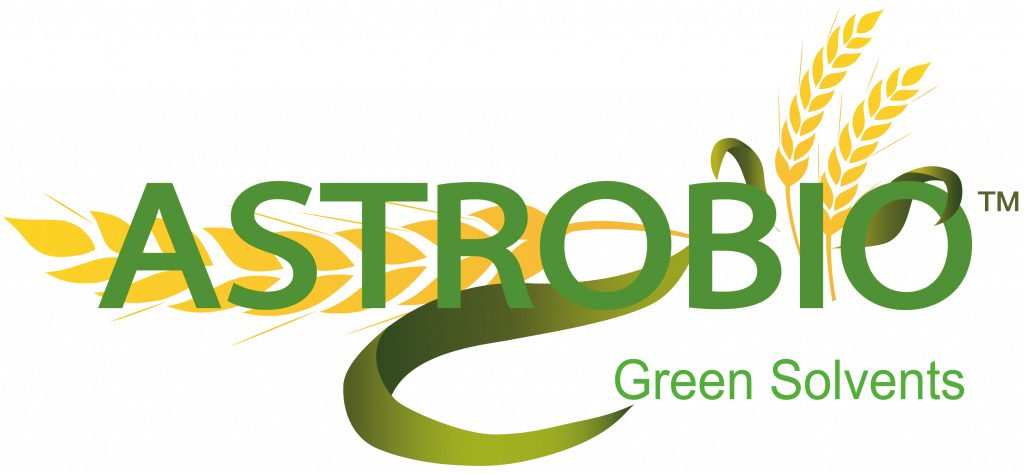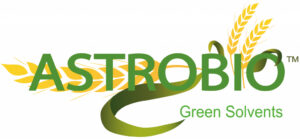Biocatalytic preparation of esters ASTROBIO™ Green Solvents
Why
- Energy transition is just half of the story on the path of fighting climate change. As a matter of fact, 45% of the global greenhouse gases (GHG) emissions are caused by the production and use of all the products, materials and food necessary for modern human life.
If the world is to reach its climate goals, there is the need to leave underground a significant proportion of the fossil-based feedstocks and minimize environmental impacts of chemical manufacturing. -
Esters, like ethyl acetate, methyl formate and butyl acetate, are widespread bulk chemicals in many industries.
Each of them is currently produced in huge amounts (millions of tons per year scale) with energy intensive procedures and starting from fossil-based feedstocks.
Esters are used as solvents, additives, APIs or intermediates in numerous industries, all around the world, mainly because of their low toxicity and complete biodegradability. -
Ester production is unsustainable. Harsh chemical processes make use of temperature, pressure and corrosive catalysts to produce esters starting from fossil-based raw materials like dehydrogenation of alcohol or the Tishchenko reaction.
There is an urgent need for more sustainable processes, less energy intensive and more efficient to decarbonize the ester production industry.
What
We discovered a novel promising industrial route for ester production leveraging a specific family of enzymes.
A patent was filed in November 2024 to protect this technology.
The main purpose of this project is to develop and scale this novel biotechnological route for industrial ester production
How
We will scale the reaction for the production of methyl formate with one wild-type enzyme who gave very promising results thus far.
To do that, we will test immobilization techniques of such enzymes on different solid supports to produce a heterogeneous catalyst and test its reusability.
We will also scan biodiversity to find enzymes for the production of specific esters of interest, and we will evaluate enzyme engineering to produce catalysts that are more efficient.







